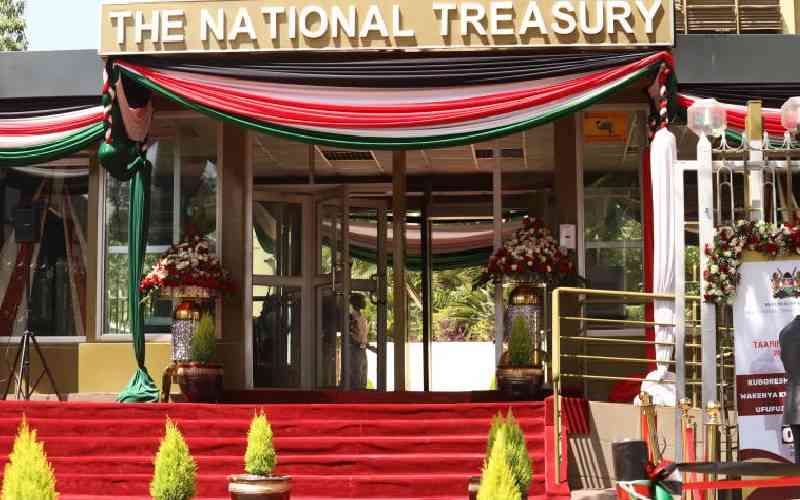×
The Standard e-Paper
Fearless, Trusted News

We have done the 100 days, and New Year's was President William Ruto's 110th. As a positive sign, he has embraced constructive criticism from the Azimio minority (not opposition), although some of the rest of his Kenya Kwanza team seem less willing to be called out.
The "handshake" between former President Uhuru Kenyatta and former Prime Minister Raila Odinga seems to be an endless bugbear; perpetually offered as the backdrop to Kenya's current economic malaise.